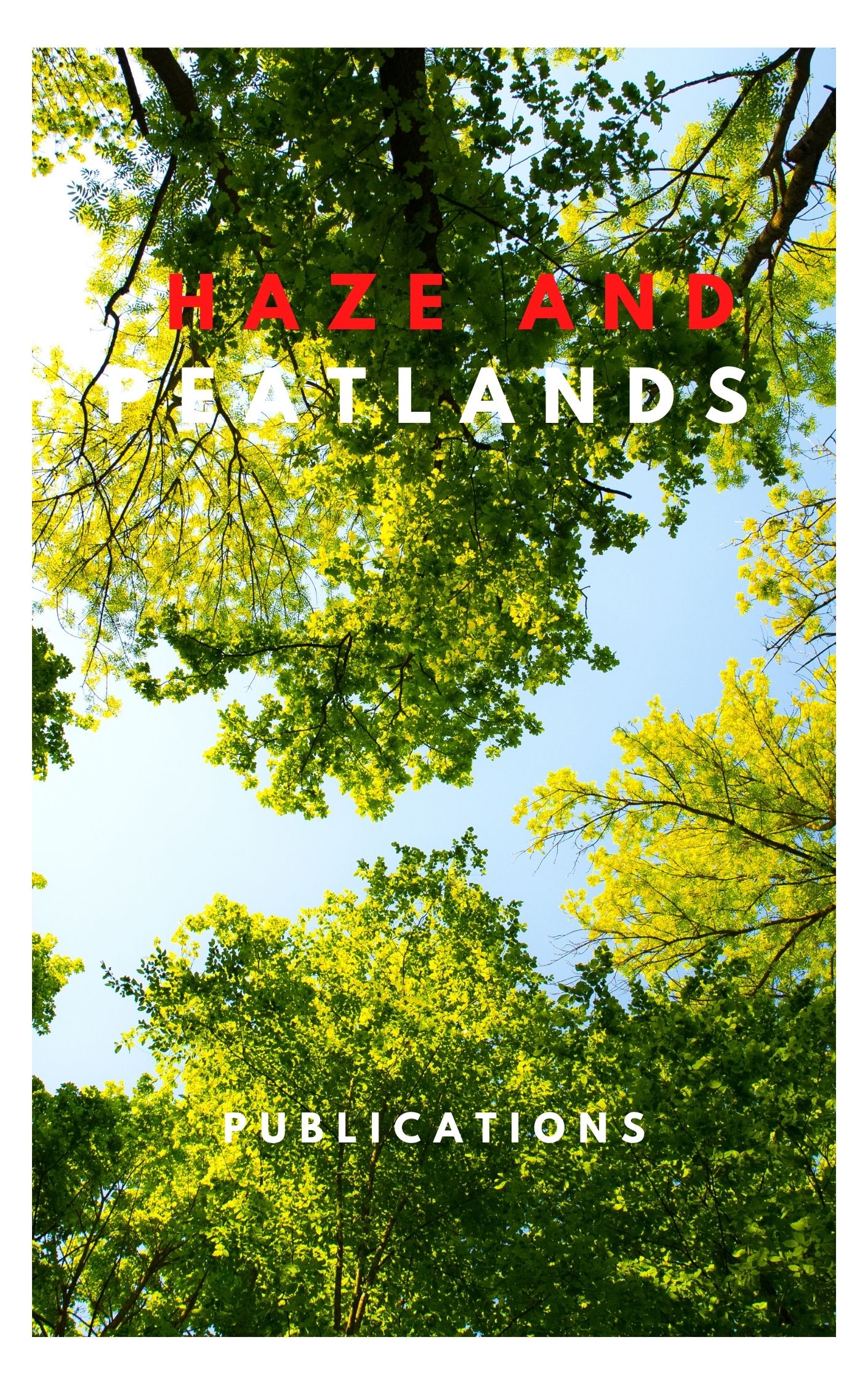The 2002 ASEAN Agreement on Transboundary Haze Pollution is the first regional arrangement in the world that binds a group of contiguous states to tackle haze pollution resulting from land and forest fires. It envisages modalities to monitor and prevent transboundary haze pollution and provides for activities for technical cooperation and scientific research. Attention is paid to the promotion of awareness-building campaigns and to the strengthening of the community participation, in particular through the promotion and utilisation of indigenous knowledge and practices in fire prevention and management. Notwithstanding some contradictions and ambiguities of interpretation, the Agreement is based on the acceptance of a limited degree of transboundary haze pollution. The Kuala Lumpur Agreement could become a global model for the tackling of similar transboundary issues.

